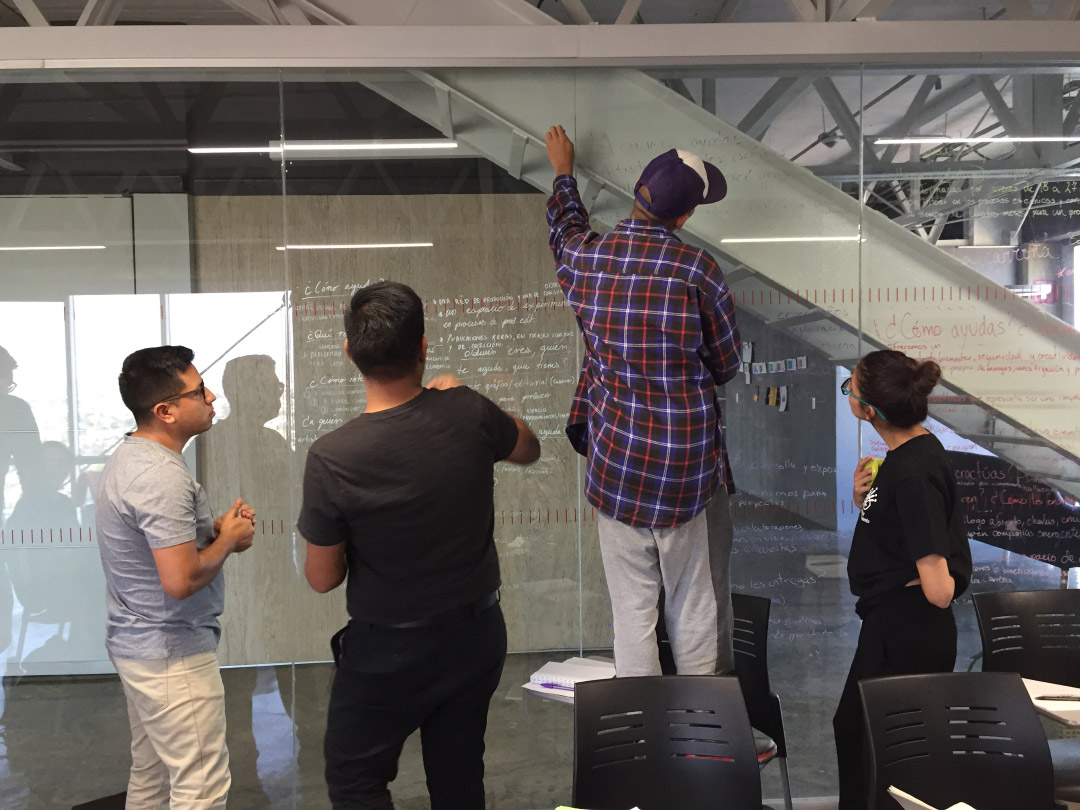
Accompanying Program
During the three editions of the Accompanying Program that have taken place since 2018, Piso 16 – Laboratory of Cultural Initiatives UNAM has launched 26 cultural initiatives: 53 creators, cultural managers and communication professionals have benefited from it, and have been able to turn their initiatives into something economically sustainable.
There is no other Accompanying Program like it in Mexico; it mixes a program of workshops and talks with the ongoing monitoring of a mentor, alliances with cultural organizations, the use of a variety of facilities, and economic support. The goal is to aid participants in finding answers for the following questions: What do they want to do? Why do they want to do it? How can they achieve it?
The process -which lasts 10 months-, consists of analyzing ideas and personal projects, thinking about our cultural environment, the target audience, the possible competitors, the proposed value of each one, and the organizational structure, as well as doing financial analysis, creating budgets, chronograms, portfolios, circulation, and marketing strategies. It also offers information about copyright, accounting, fiscal situation, call requests, and funding opportunities.
This section contains information about former and current cultural initiatives in Piso 16, including its mentors and the Annual Apprenticeship Program.
Memories from 2019.


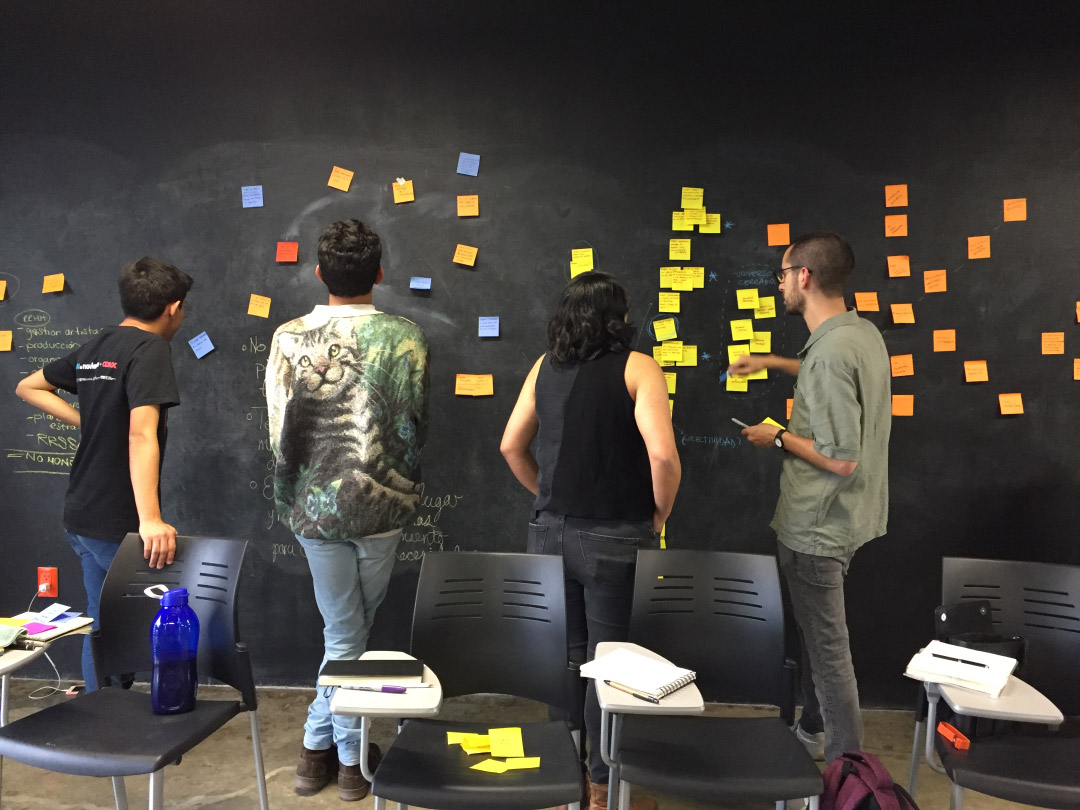



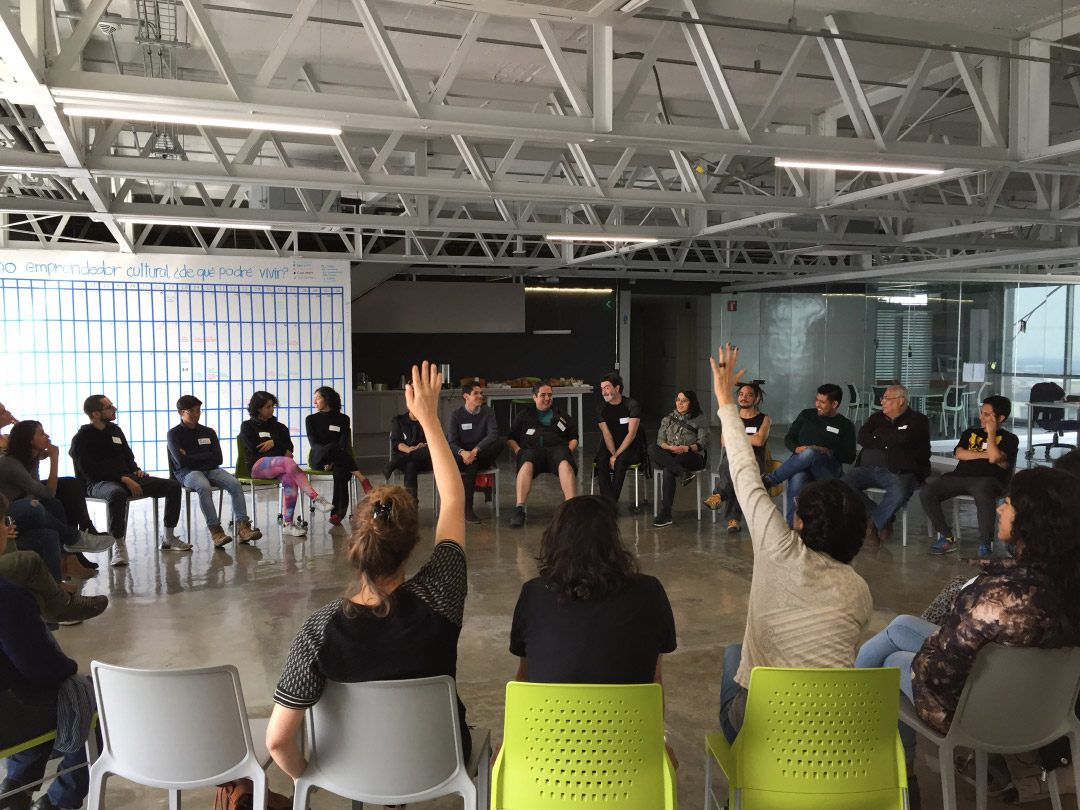
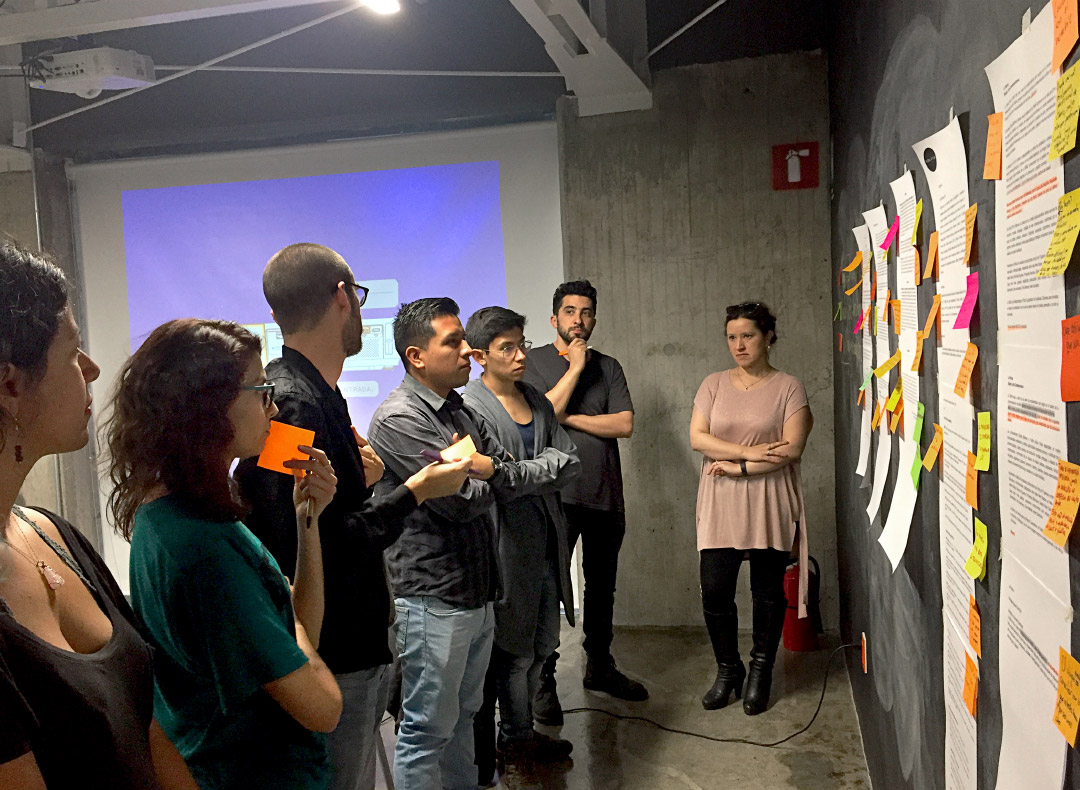
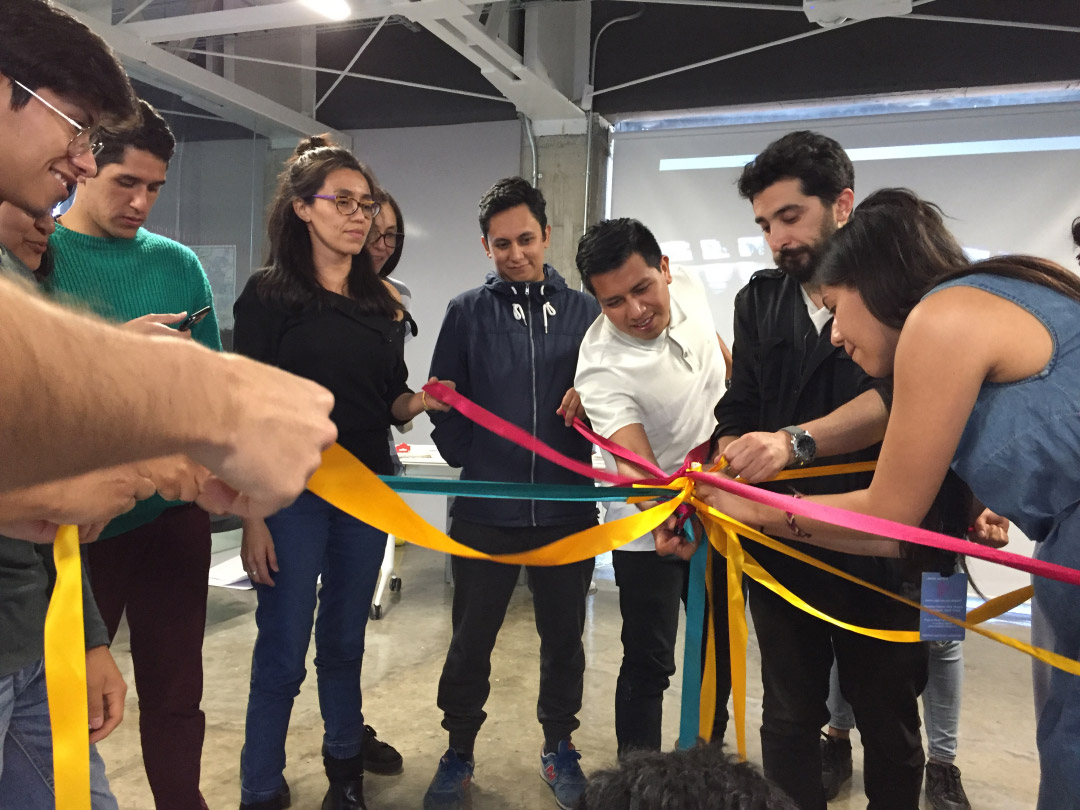
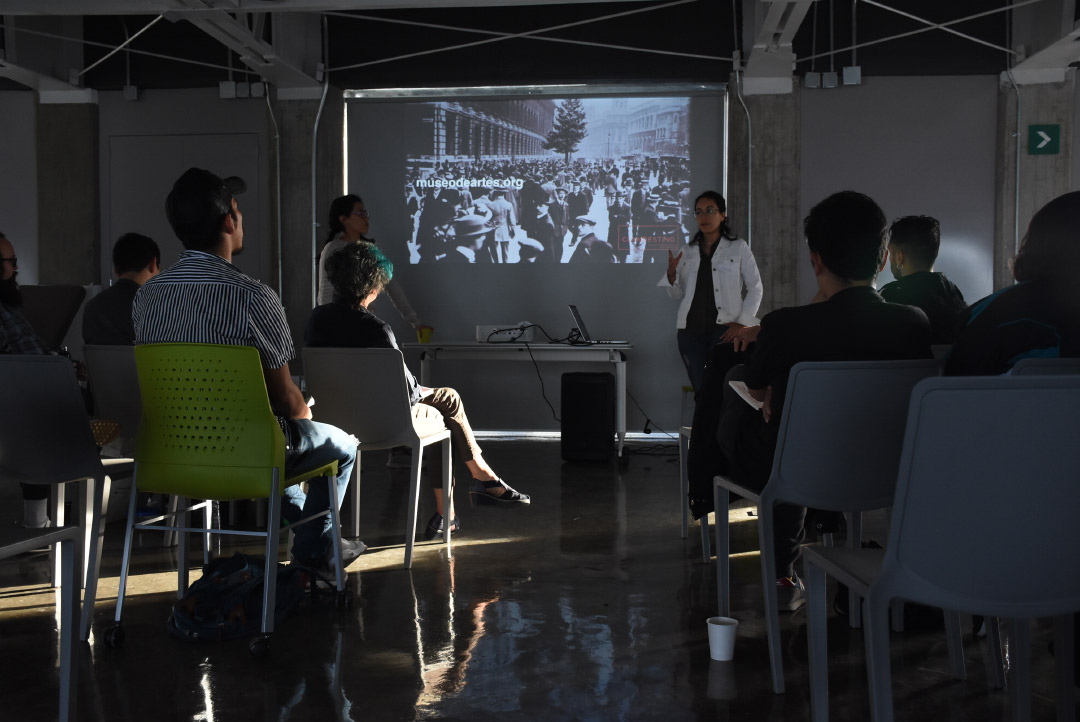
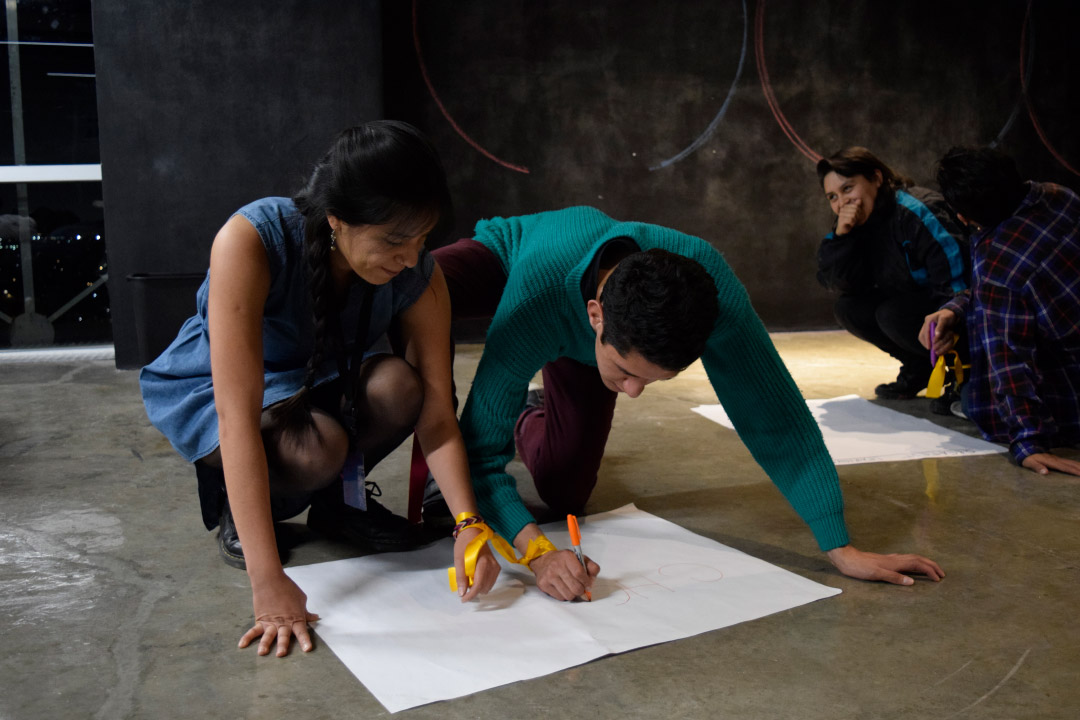
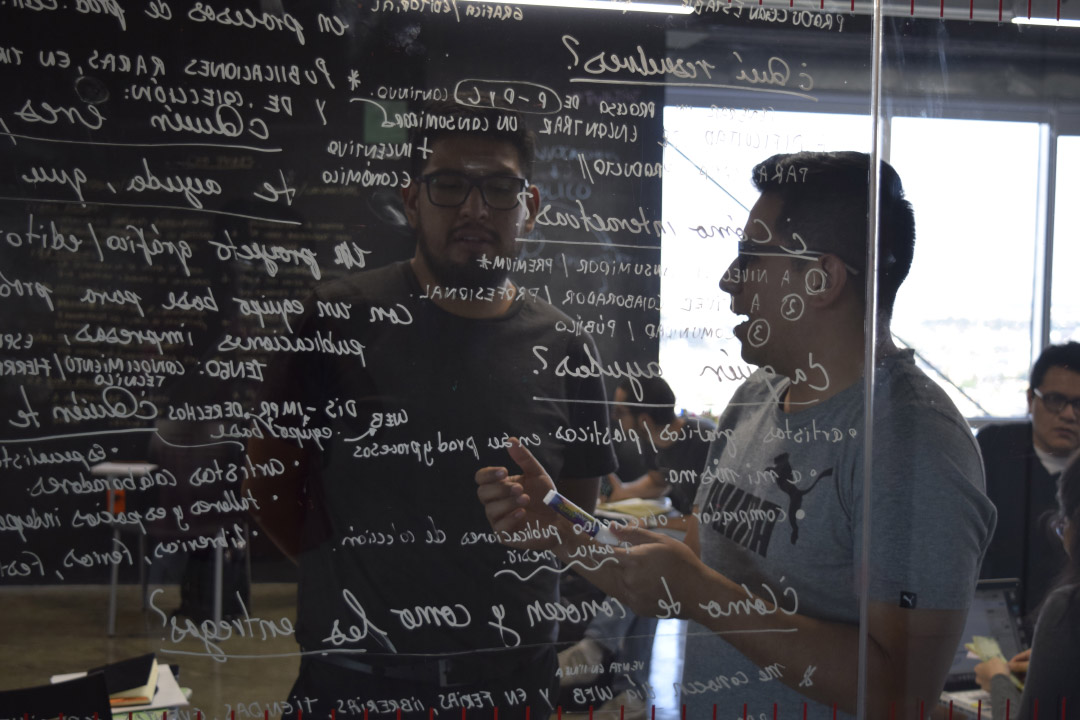
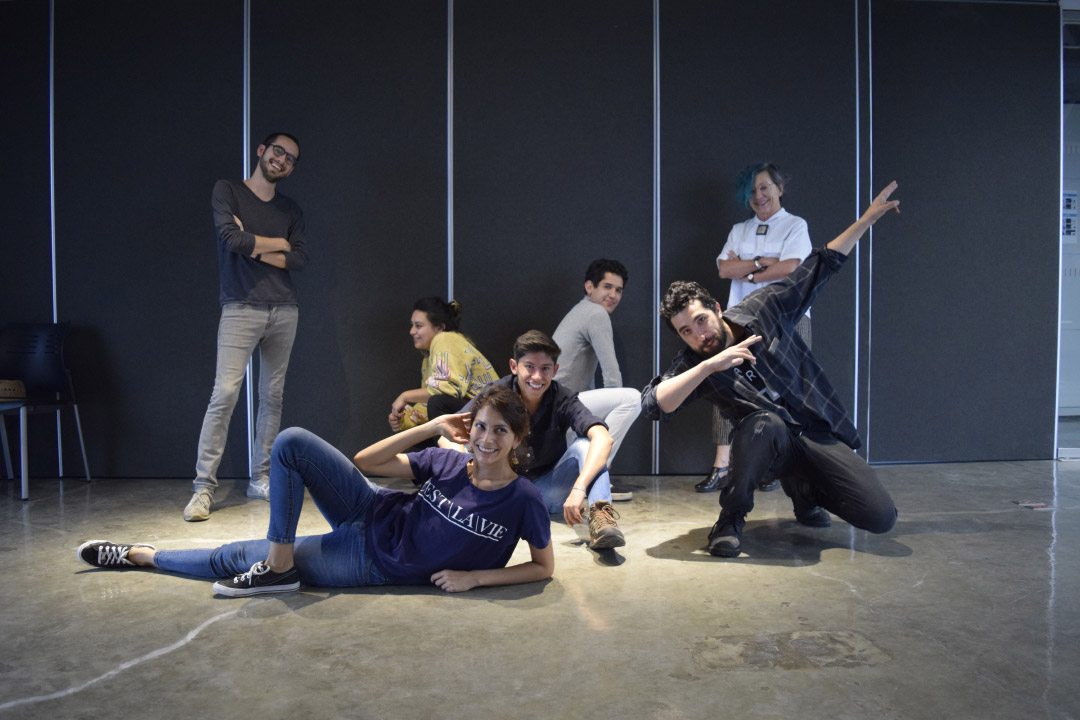
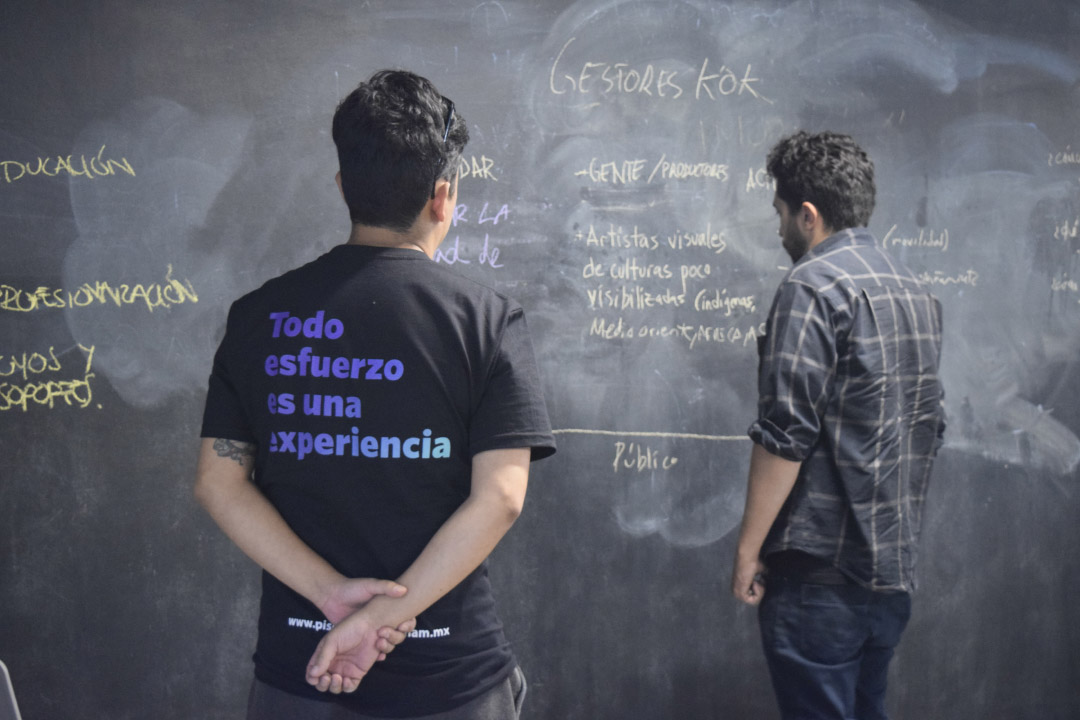
10 initiatives participated in the 2019 edition of the Accompanying Program: 4 individuals and 6 groups. Per discipline: 7 visual arts initiatives, 1 theater initiative, 1 dancing initiative, and 1 multidisciplinary initiative.
Apprenticeship Program 2019.
The second edition of the ApprenticeshipProgram lasted 10 months, from February the 7th to December the 11th. As artists and cultural managers, how can we sustain ourselves and sleep peacefully doing what we like and what we are interested in? This is the question that guides Piso 16’s ApprenticeshipProgram, and we seek to answer it by helping the participants to design a personal development plan, and a cultural initiative committed to the reality in which they live; we believe this is possible once the following questions are answered: What do they want to do? Why do they want to do it? How can they achieve it?
This whole process contributes to their professionalization and helps them feel confident, skillful, worthwhile, and accompanied.
Workshops
- Integration / Conducted by Taniel Morales
- Creative professionals and self-management / Johanna Ángel Reyes
- From the idea to the project / Cristina Ángeles Huesca
- From the project to the undertaking: the business model / Antonio Lezama Meneses
- Fiscal aspects for art and culture / Salvador Rotter
- De tanto verte, te vi. Creative processes, empathy and social action / Conducted by Ignacio Pla
- Finances for non-financiers / Sergio Carranza
- Intellectual property and creative enterprises / Luis Javier Mondragón • Creativity for digital media / Sergio Su
- Financing of cultural initiatives: public funds and sponsorship / Álvaro Inzúa
- Audience segmentation / Antonio Lezama
- Management of initiatives / Gabriela Araujo
- Evaluation of initiatives / Elena Román
- Selling techniques / Miguel Rodríguez Sepúlveda
Sessions about the cultural environment
- Art, scarcity, and collective power / Vivian Abenshushan
- Cultural rights and citizenship / Eduardo Nivón
- Culture’s outlook in Mexico: policies and operation / Eduardo Cruz Vázquez
Talks
- How to make a living from your art? / Luisa Pardo (Lagartijas Tiradas al Sol) and Miguel Rodríguez Sepúlveda
- How to make a living from your art? / Compañia Foco al Aire • Collective intelligence, digital communities / Esteban Romero, Mariana Delgado, and María León.
- Empathic paths / Ángel Rubio, and Mauro Giaconi (Escuela de la Paz) • Experiences in cultural management / Samuel Sosa, and (ESPAC) • Challenges and difficulties for the circulation of cultural activities / Alejandro Gómez Escorcia, and Sergio Su
- How to make a living from your art? / Conjurados Teatro, and Verónica Gerber Bicecci
- Experiences in the sale of artistic initiatives / Brett Schultz, and Jimena Saltiel
- Alternatives for the financing of cultural initiatives / María Estela Ortiz (Proyecto Bi/Fundación BBVA Bancomer), and Célia Vermicelli (Kickstarter)

